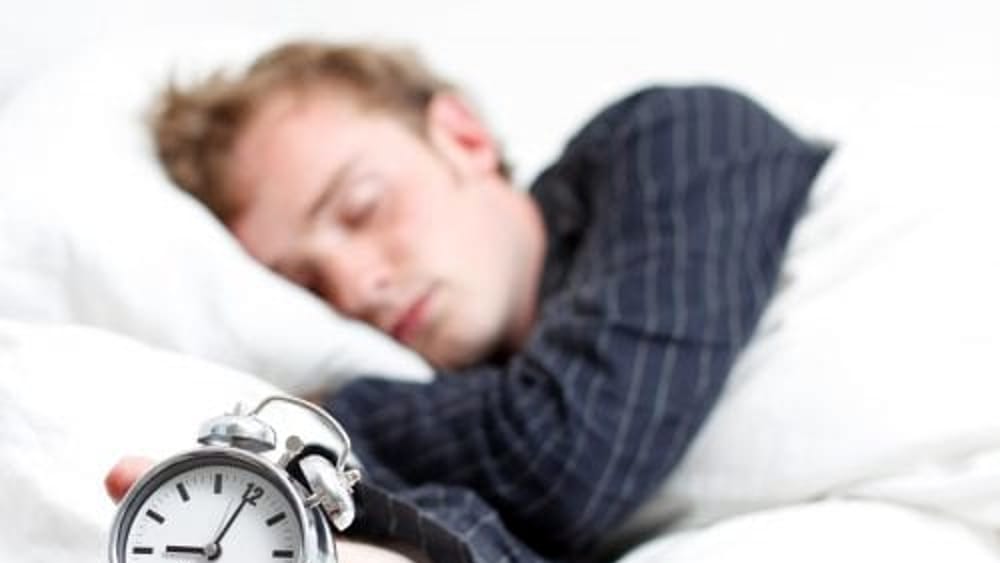Sleeping little, you know, hurts. A few hours of sleep, if prolonged over time, cause a slow and gradual cognitive decline. Numerous studies prove this. According to one, people with sleep disorders, such as insomnia or excessive daytime sleepiness, are at a higher risk of developing dementia than people who don’t. According to other researches, those who get little sleep have higher levels of beta-amyloid in the brain (major constituent of senile plaques), which is commonly found in people with Alzheimer’s disease.
It is clear, therefore, that getting enough sleep is good for several reasons:
- improves mental health;
- prevents Alzheimer’s disease;
- helps the body repair itself and function better;
- reduces the risk of diseases including diabetes and heart disease.
But sleeping too much? What do we know about long sleep? A recent study of the Washington University School of Medicine investigated the correlation between sleep and health, and found that sleeping too much can also cause cognitive decline.
I study
The research team monitored 100 seniors in the mid to late 1970s for 4-5 years. At the time of the study, 88 people showed no signs of dementia, while 12 showed signs of cognitive impairment (one with mild dementia and 11 with pre-dementia of mild cognitive impairment). During the study, participants were asked to perform a series of cognitive and neuropsychological tests to detect signs of cognitive decline or dementia. The results were then combined into a single score, defined as “Preclinical Alzheimer Cognitive Composite (PACC) “. The higher the score, the better their cognitive ability was over time.
How sleep was monitored
Sleep was measured using a single-electrode encephalography (EEG) device, which participants wore on their foreheads during sleep hours, for a total of four to six nights. Monitoring with the EEG allowed the researchers to accurately measure the brain activity of the seniors they surveyed, and reported how long they slept and how restful that sleep was. Although sleep was only monitored at a certain time during the study (three years after cognitive and neuropsychological tests), it still provided the research team with sufficient indication of the participants’ normal sleep habits.
Intermittent fasting prevents chronic disease (and improves sleep) – here’s how it works
Other factors influencing cognitive decline
In addition to the hours of sleep, the researchers also considered other factors that they believe may influence cognitive decline, including age, genetics and the presence of beta-amyloide proteins of value, both linked to dementia.
The researchers’ conclusions
Thanks to the study, the researchers found that sleeping less than 4.5 hours and more than 6.5 hours a night, along with poor sleep quality, is associated with cognitive decline over time; and noted that the impact of sleep duration on cognitive function was similar to the effect of age, the main risk factor for the development of cognitive decline.
A few hours of sleep causes cognitive decline
Researchers agree on the negative effects of sleep deprivation on health, although they do not yet know for sure the reason for this correlation. According to one theory, it is sleep that helps our brain to eliminate harmful proteins, which accumulate during the day. Some of these proteins are thought to like beta-amyloid and tau, cause dementia. So, changing your sleep time could interfere with your brain’s ability to get rid of it. Experimental evidence even shows that even just one night of sleep deprivation could temporarily increase levels of beta-amyloid in the brain even in healthy people.
Many hours of sleep cause cognitive decline
There is also little clarity as to why long sleep causes cognitive decline. Some research has shown that there is a link between excessive sleep and cognitive performance, but most of these studies rely on participants’ self-assessment (who reported how much they slept on average each night), so they are less reliable data than those coming from the monitoring of EEG brain activity (carried out by researchers of the Washington University School of Medicine).
So what is the optimal sleep duration?
According to the researchers of the Washington University School of Medicine, sleeping more than 6.5 hours is associated with cognitive decline over time. The optimal sleep duration is, therefore, much shorter than that suggested by previous studies (mentioned above), especially if we consider that elderly people are advised to sleep between 7 and 8 hours every night. To reduce the risk of developing dementia, however, we must not only pay attention to the quantity of hours of sleep – the researchers suggest – but also to the quality. The research team has, in fact, also shown that having the need for less restful sleep (a condition typical of the elderly, linked to higher levels of your protein in the brain), can affect cognitive impairment.
What to do to sleep better
The duration and quality of sleep of each individual can vary according to many aspects: from health problems to socioeconomic status to genetic predisposition. Although some factors are not “modifiable”, it is still possible to do something to sleep better and reduce the likelihood of developing some form of dementia, such as exercising and eating a healthy, balanced diet. And keep in mind that the occasional weekend rest will never have the same benefits as a steady sleep over the course of the week (which fluctuates between 4.5 and 6.5 hours each night, as American researchers suggest).
.
